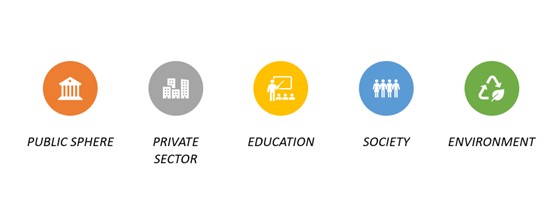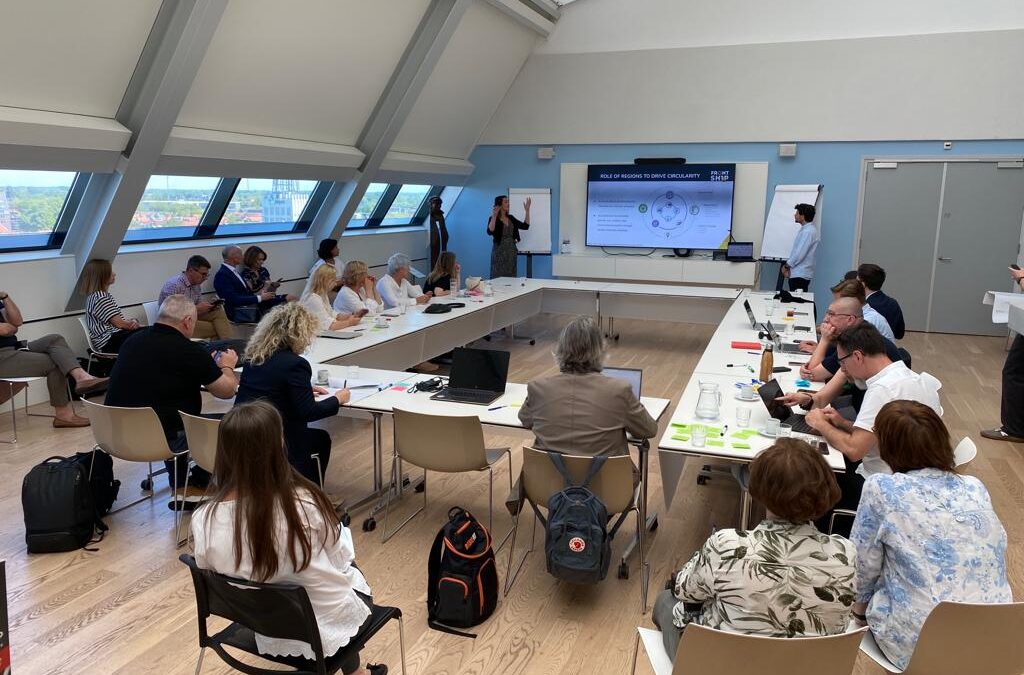Author: Aimee Forcada
In recent years, the circular economy has gained importance and momentum at the European level and is considered an essential means to fight climate change in the Green Deal and European funding programmes. One of the goals of FRONTSH1P is to highlight the importance of citizen engagement within the entire system as an enabling factor for the regional transition towards the circular economy. The involvement of citizens in real processes, and undertaking specific practices, will ensure the reduction and/or refusal of not necessary consumption of goods, and the reusing and extension of the life of such consumed goods.
One of the objectives of CSS4, dealing with plastics and waste stream valorisation, includes the use of 3D printing to repair households’ appliances.
In this context, FRONTSH1P CSS4 proposes the implementation of a social enterprise committed to having positive environmental and social impacts. By using recycled materials as feedstock for production, in this case, plastic waste, the social enterprise would produce filaments for 3D printing, diverting such waste from landfills and giving a new life as a valuable resource. The social enterprise would also address social issues by providing employment opportunities for citizens living in social housing and degraded blocks, alleviating social inequalities, and promoting inclusion.
While keeping in mind a circular approach when valorising plastic residues and highlighting the importance of the role of citizens in minimising the negative impact of plastic pollution, FRONTSH1P interrelation between several other work packages is essential for a valid implementation of the objectives within CSS4. In this case, data monitoring and management conducted in work package 2 are central factors, accounted for from the early stages of the developing circular economy model.
Five macro focus areas have been identified as part of a circular economy place-based monitoring framework (Public sphere, Private sector, Education, Society and Environment) and each of them will contain their own sets of micro-areas and indicators.
In conclusion, the results and data obtained in each of the four CSSs and more specifically in CSS4 through the implementation of the initiatives such as the social enterprise will contribute to implementing and exploiting an all-encompassing monitoring system that will be able to measure every aspect of relevant for the transition toward a circular model.




